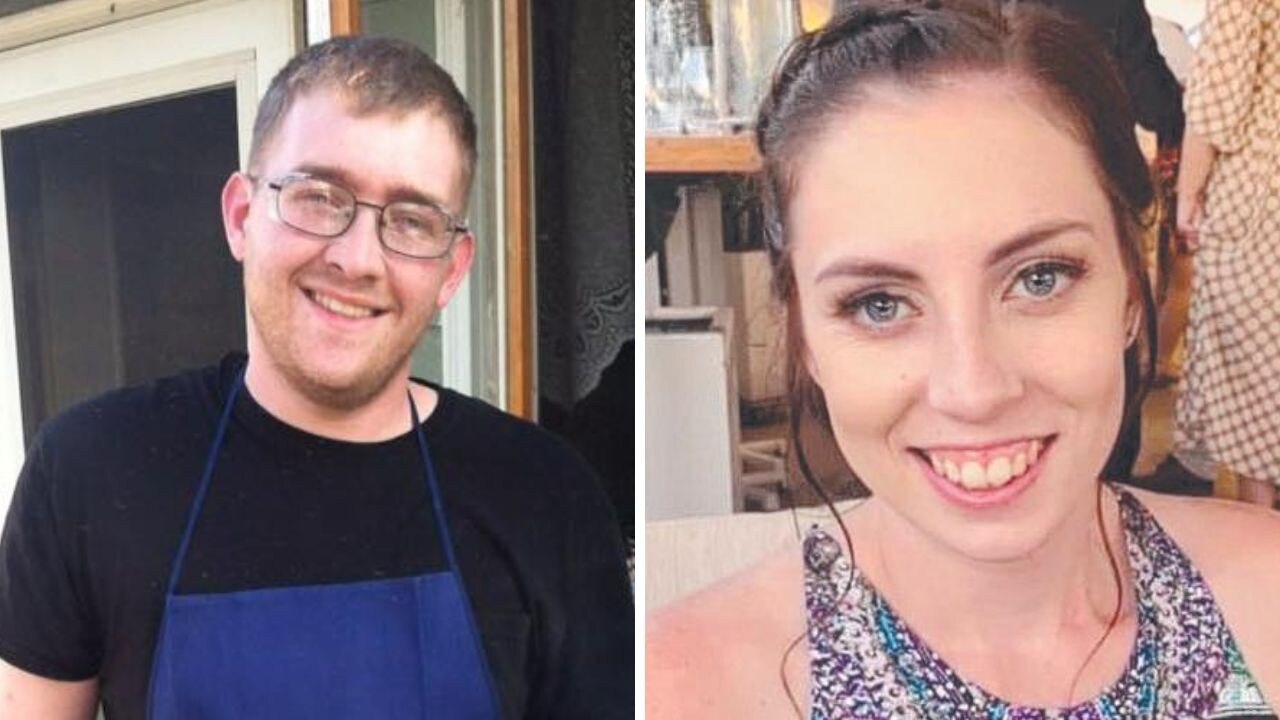40 per cent of domestic violence offenders fined instead of jailed
Qld courts have been slammed as out-of-touch after a disturbing number of DV offenders are escaping jail terms despite high-profile cases where women have been murdered after DV breaches.
Police & Courts
Don't miss out on the headlines from Police & Courts. Followed categories will be added to My News.
Domestic violence offenders who breach their orders are being fined by magistrates – most less than $500 – more than being jailed, sparking calls for an overhaul of the broken system.
Data from Queensland Sentencing Advisory Council shows more than 18,000 people were fined in court for breaching their domestic violence order (DVO) in the last five years, or more than 40 per cent of the 46,000 offenders.
But just 18 per cent of these offenders were sentenced to jail – a statistic domestic violence advocates say is a reflection of the system’s failure to support victims.
DV Connect interim-CEO Michelle Royes said women will keep dying if nothing changes.
“It’s about changing behaviour, and that doesn’t come from a fine,” Ms Royes said.
The data shows the most common penalty for breaching a DVO was a fine of between $250 and $499, with more than 6500 people sentenced to this penalty since 2018.
The average fine over the last five years was less than $560.

The maximum penalty for breaching a DVO is between three and five years’ jail, depending on the history of the offender. Concerningly, the 8724 people sentenced to jail time were mostly ordered to serve less than nine months.
Just six people have been sentenced to more than three years’ jail since 2018.
Murdered Brisbane mum Hannah Clarke’s estranged husband had a domestic violence order against him when he killed her and their three young children in 2020.
Gold Coast mum Kelly Wilkinson, 27, had also taken out a domestic violence order against her husband before he murdered her in their backyard in 2021.
Ms Royes said fines didn’t deter offenders.
“It’s very confronting. If nothing changes, nothing changes. We are still losing one woman a week.
“Fines become a source of frustration, and can have an impact, but it doesn’t facilitate a change in behaviour.”
In 2016, Queensland led the way in introducing strong laws on choking and strangulation offences after a recommendation was made by the Special Taskforce on Domestic and Family Violence in Queensland.
The maximum penalty for the horrific offence is seven years’ jail – half the maximum penalty for new coercive control legislation introduced this year.

But the data reveals that only three people have been sentenced to the maximum penalty as of June last year, and the average penalty was less than three years.
Women’s Legal Service CEO Nadia Bromley said the courts follow the maximum penalty, which she believes should be greater to reflect the seriousness of the offence.
“It’s really difficult, but I think even the maximum penalty attached shows how the community views it,” Ms Bromley said.
Ms Royes said the lack of penalty for strangulation – which was determined as a key predictor of domestic murder – was a shame on society.
“This doesn’t say as a community that we care about this enough.
“It says the justice system doesn’t see this as critical.
“We need to put pressure on the justice system.”
Since 2018, 6739 people charged with breaching a DVO were sentenced to probation, 5131 were sentenced to wholly suspended sentences, 3695 were sentenced to good behaviour, and 2072 were convicted and not further punished.
Ms Bromley said victim survivors were being let down by lower penalties, to the point where some have lost faith and stopped reporting it.
“There’s a lot of bravery in getting an order, it’s a long road to go down,” Ms Bromley said.
“More often than not when a victim goes into a court process they are looking for safety.”
Police sources in the domestic violence space said it wasn’t good enough, and magistrates needed proper training on how to identify domestic violence.
“The system is broken,” they said.
“It’s hard to get a conviction and when you do, the sentencing is vastly different to community expectations.”
Queensland magistrates received multiple training sessions on domestic violence every year, but Ms Royes said they needed ongoing coaching and support to better understand behaviours.
Ms Bromley said there needed to be a consistent experience across all magistrates courts in Queensland, and welcomes more support and training for the courts.






